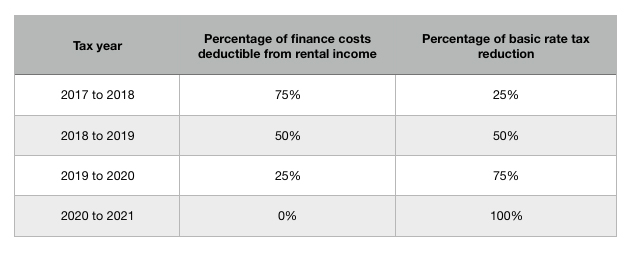Contractors and the Construction Industry Scheme
The Construction Industry Scheme (CIS) requires contractors to deduct payments from any subcontractors that they use in order to make advance payments towards the subcontractor’s tax and National Insurance.
It is a legal requirement that all contractors register for the scheme, whether a sole trader or a limited company, if:
- they pay subcontractors to do construction work
- their business doesn’t do construction work but usually spends more than £1 million a year on construction
There are a number of professions within the construction industry though who are exempt from the CIS including architecture, surveying, planning and civil/structural engineers. Such peculiarities can make the scheme a little tricky to understand.
For those companies who are required to register though there are some very specific guidelines that must be followed:
- they must register for CIS before taking on their first subcontractor
- they must check if they should employ the person instead of subcontracting the work. There may be a penalty if they should be an employee instead
- they must check with HM Revenue and Customs (HMRC) that their subcontractors are registered with CIS
- when paying subcontractors, they usually need to make deductions from their payments and pay the money to HMRC.
- they need to file monthly returns and keep full CIS records – they may get a penalty if they don’t
- they must let HMRC know about any changes to their business
Whilst more information is available from GOV.UK , the rules surrounding the Construction Industry Scheme can be somewhat confusing so it always best to get professional advice if you are unsure.
At Stepping Stones we work with many companies within the construction industry and as such are well placed to provide advice and guidance to both contractors and subcontractors. Why not give us a call and see how we can help you, we would be delighted to work with you.



